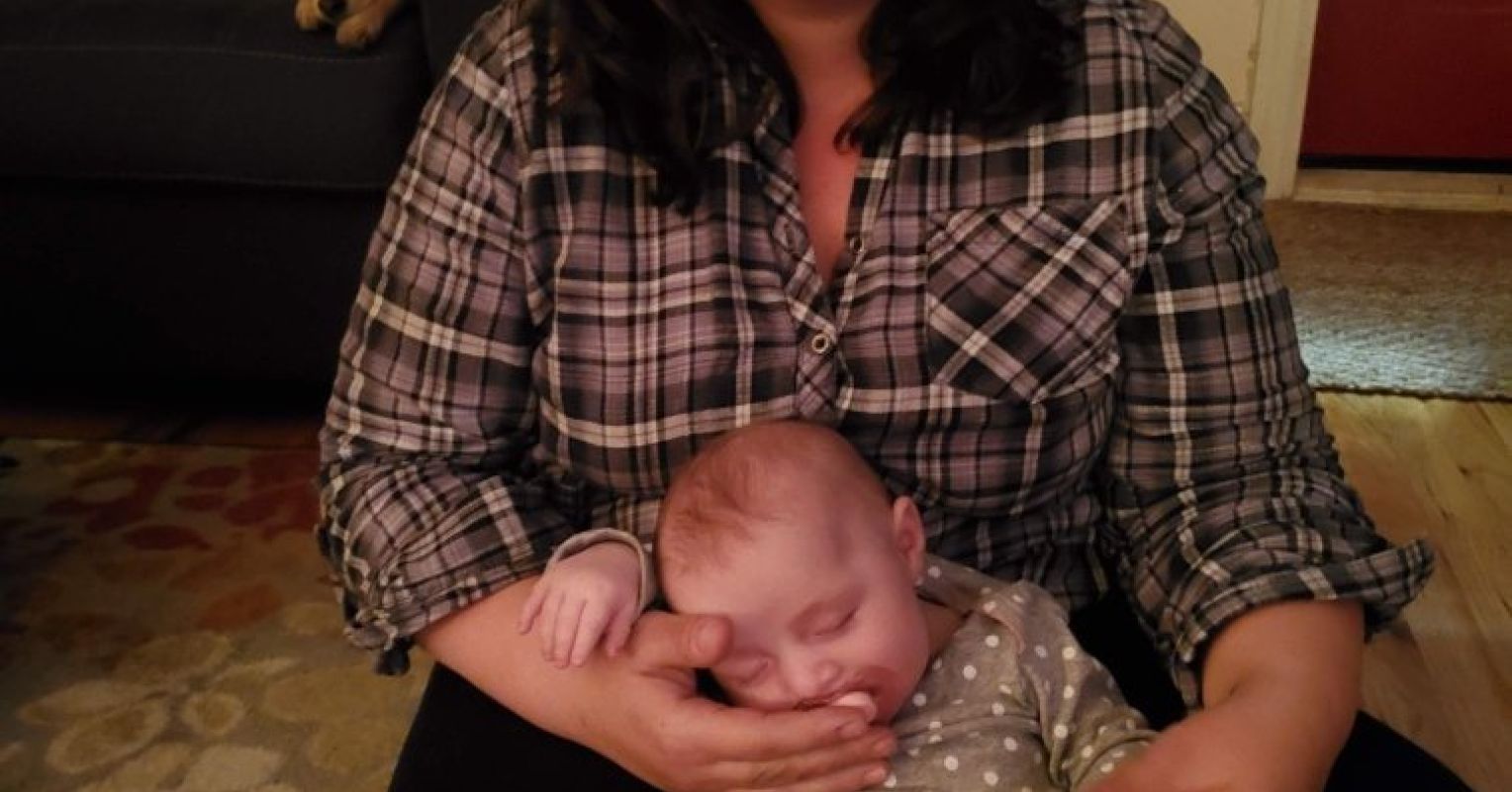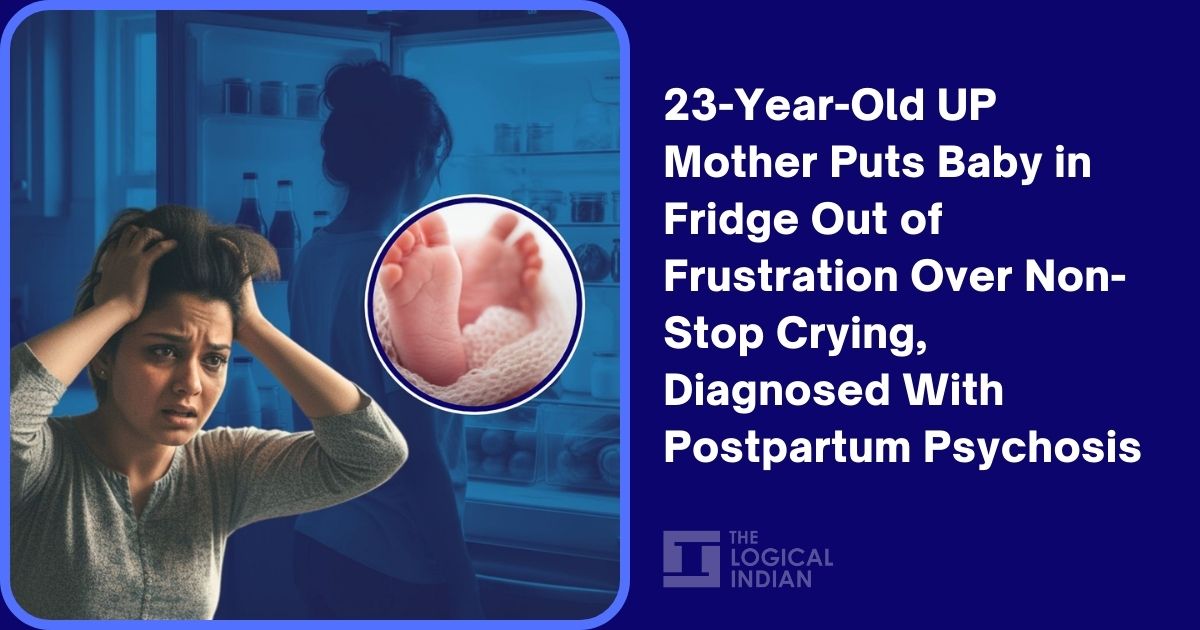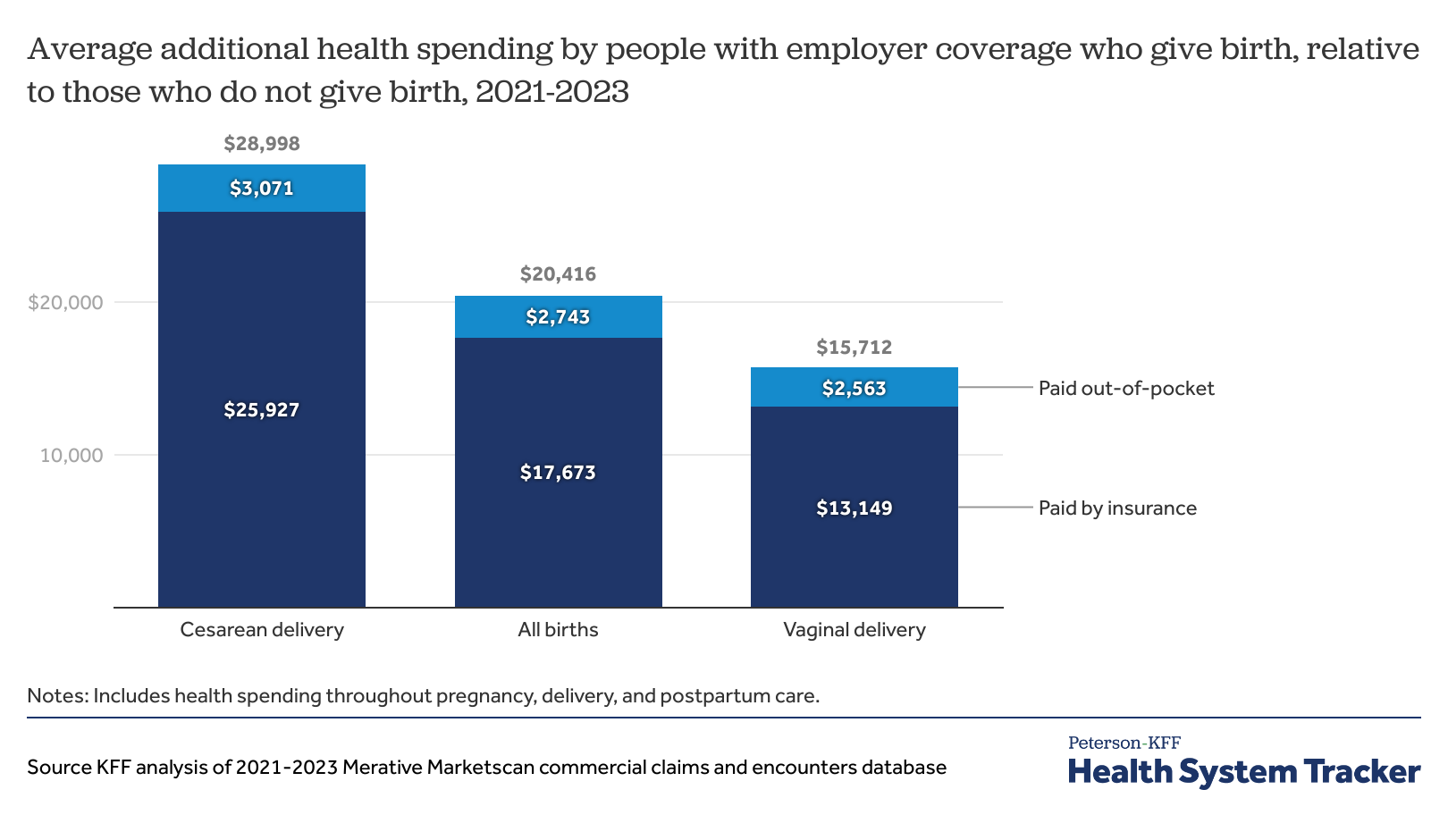Why Baby Sleep Books Can Harm Maternal Mental Health

When I was seven months pregnant, someone handed me a copy of Twelve Hours by Twelve Weeks, a bestselling baby sleep manual. I devoured it like scripture. Everyone had warned me that the sleep deprivation would be brutal. This book promised salvation, if I just followed the rules: stretch feedings, track ounces, ignore midnight cries. My baby would sleep through the night by three months.
I printed the feeding charts. I whispered affirmations. I believed I could teach my baby to sleep through the night. But when Lily arrived, with undiagnosed reflux and a need to feed every two hours, she didn’t follow the rules. And neither did my brain. By eight weeks postpartum, I was suicidal.
When the Charts Became a Mirror
From the first entry in my postpartum journal, the doubt was there:
“I have no idea what I’m doing. My nipples are raw and cracking. Every cry means one less minute of sleep. I love her. And I dread her at the same time.”
Sleep deprivation wasn’t new to me. I’d barely slept during pregnancy due to hyperemesis and relentless reflux. But this was different. This was me crying over a feeding chart. This was me hiding a bottle of sleeping pills in the bathroom cabinet, just in case.
“I want to run away, to vanish,” I wrote. “But I also want to wake up in the morning and smell her lavender hair.”
When No One Listened
When I told my OB about my symptoms, she handed me a pamphlet on the baby blues. “You’ll be fine,” she said.
But I wasn’t.
The book suggested that Lily should sleep longer if I followed the plan. But Lily, who cried after every feeding and had trouble gaining weight, needed something else: me. And I was unraveling.
Still, I kept trying. I tracked every feed. Timed every nap. Shushed, swaddled, waited out her cries. And when it didn’t work, I didn’t question the book. I blamed myself.
Eventually, Lily was diagnosed with reflux. I had to feed her every two hours and hold her upright after each bottle to keep her from vomiting.
“This book doesn’t account for babies with reflux,” I wrote. “It doesn’t account for mothers who haven’t slept in days. It doesn’t account for me.”
When the System Failed Me
I began to dissociate. I’d stare out the window at my neighbor’s backyard: her garden, her quiet, her friends.
“I want that life,” I wrote. “And I want this one too.”
Eventually, my husband and I brought in a night nurse. Even with help, I felt I had failed.
“I’m the reason she’s not sleeping,” I wrote. “If I were better, calmer, stronger, she’d be asleep by now.”
On Halloween, I was admitted to the psychiatric unit. No locks on the doors. Cold fluorescent lights. They took away my shoelaces and my wired bra. The ache of being apart from her was almost physical.
I stayed for days. I slept. I missed her second-month birthday.
When I was discharged, I was terrified. The pressure to sleep train hadn’t gone away. But something in me had shifted. I was tired of pretending. Tired of blaming myself for a baby who cried.
I wanted to try something else.
When We Made Something of Our Own
That’s when I created what I called the Lily Spa.
Every night at 6:30, I lit candles. Ran a lavender bath. Played soft music. I washed her hair. Massaged her feet. Fed her chamomile in her bottle. Whispered, “You’re safe. You are loved.”
It wasn’t perfect. But it was ours. A ritual born not from instruction, but from instinct.
The Lily Spa didn’t promise results. It didn’t require a chart. It only asked that I show up — messy or calm, exhausted or soft, and be present. Over time, it became our rhythm. Not a solution, but a surrender.
I stopped asking, “Is she sleeping through the night?” and started asking, “Is she comforted? Am I?”
What the Books Never Said
I began to wonder why the books I had read never mentioned this: that some babies can’t be trained, that some mothers are already stretched thin before the baby even arrives. And that some people, like me, are not broken; we are simply overwhelmed in a culture obsessed with performance and perfection.
I still cry when I think about those early weeks. But not because I regret them. I cry because I was so determined to do things “right” that I forgot to be kind to the person learning how to be a mother: myself.
Beyond the Chart
Sleep training books often promise a kind of certainty: With the right combination of behaviors, everyone will rest. But babies are not algorithms. And neither are mothers.
The science, too, is murkier than it appears. A 2024 article in Scientific American noted that most sleep training research relies on parent diaries, not objective tracking like actigraphy. A 2020 review in BMC Pregnancy and Childbirth found strong links between maternal sleep loss and mood disorders. But few of these books acknowledge that pressure to delay feeds, ignore cries, and power through exhaustion can cause real harm.
I’m not trying to demonize sleep guidance. I understand the desperation that drives us to seek answers. I just think too many are profiting from a dangerous idea: that success lies in control, not connection.
The Voice That Grew Louder Than Fear
Today, Lily is six. We still have our bedtime rituals, softer now, simpler, but the heart of them remains: connection over control.
No book taught me this. Just a voice that eventually grew louder than the fear: my own.
link







